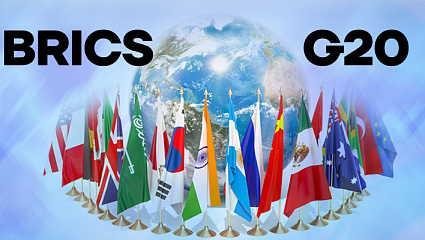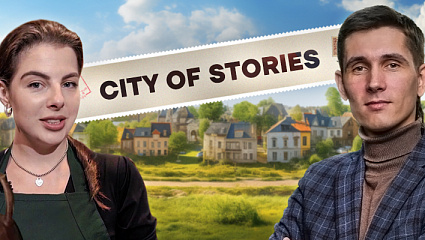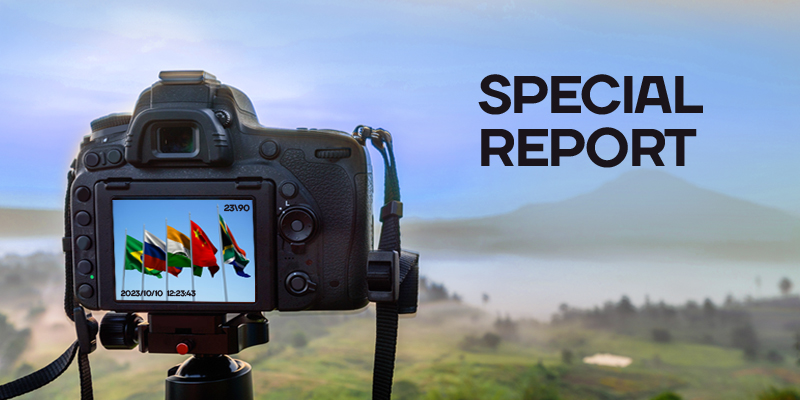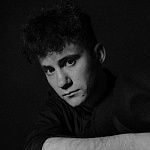Russian Technologies Will Remove Plastic from Seas
Not only oil but also plastic obey the Air Feeler – the device created by Russian scientists. The technology invented by the biologists of the Tomsk State University (TSU) was intended for cleaning of bottoms of water bodies from oil products, reports the tvbrics.com correspondent with a reference to riatomsk.ru.
But after the laboratory tests, it turned out that the Air Feeler can be used to solve the problem of water pollution by plastic. It can not only collect oil products, but also take plastic particles from ground deposits.
To recap, in 2016, the scientists of the Biological Institute (BI) of TSU were granted a patent for the Air Feeler (the “Aeroshchup”). This device allows to clean bottoms of water bodies polluted by oil. The patented technology and the principle of work of the Air Feeler consist in air supply under pressure to the bottom, after which the ground oil "sticks" to the bubbles and rises to the surface. By the way, Tomsk scientists have already found partners for replication of deoiling technology in the European Union countries and the Pacific Rim.

“The Air Feeler technology will be used to solve the problem of pollution by plastic. The project team has already finished laboratory tests, in which they proved the ability of Air Feeler to take plastic particles from ground deposits. In the summer of 2020, the scientific team is going to carry out operational trials”, say the researchers of TGU.
According to the scientists of the TGU Biological Institute, today the presence of microparticles of plastic is registered not only in places massively populated by humans, but also in the most remote territories. You can come across microplastic even in the seas of the Arctic Ocean, for example, in the Karsky and Chukchi seas where it is brought by rivers. This theory was confirmed by the BI TGU professor Alexey Orlov during an expedition.

Today, according to the scientific community, the biggest problem is not the plastic waste floating on surface, but plastic particles covered by biological material which lose buoyancy and sink to the bottom. And these particles of microplastic get to organisms of animals, fishes, and subsequently – birds, causing serious injuries of digestive organs in animals.
“The laboratory tests carried out on microplastic (particles up to 5 millimeters), showed that the Air Feeler works also well with this material (along with oil products). When exposed to hydropneumatics, mineral particles and polluting components separate from plastic and rise to the surface, after which you can carry out mechanical collection”, says the director of BI TSU Danil Vorobyov.
By the way, in the summer of 2020, ecologists will carry out practical tests of new opportunities of Air Feeler on local lakes. In 2020, Tomsk scientists also plan to carry out a large-scale experiment in order to study the influence of synthetic materials on water fauna.







 DIGITAL WORLD
DIGITAL WORLD



































